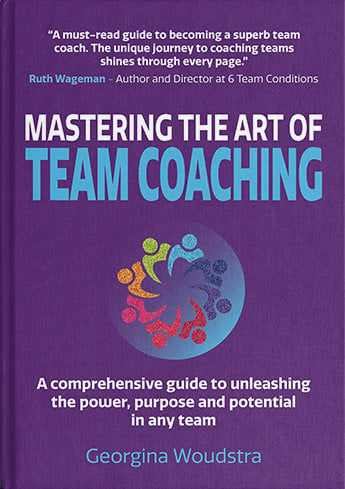Everyone has their ideas of how best to team coach, just like there are many different schools of thought on how to parent! The TCS Team Coaching Wheel© takes the guesswork out of the ‘how’, providing you with a roadmap for mastering the art of team coaching.
The TCS Team Coaching Wheel©

The TCS Team Coaching Wheel© is at the heart of our Team Coaching process. Philosophy and Stance sit firmly at the centre of the wheel. Like yin and yang, they are complementary forces that interact as a dynamic system – a team coach’s philosophy, or ‘mindset’ informs your stance or ‘way of being’ as well as every single intervention; it’s what makes the difference between an OK coach and coach mastery. It’s also what distinguishes the role of team coach from ‘similar’ roles such as consulting, teaching, training and facilitation.
Three meta-skills wrap around the heart of the TCS Team Coaching Wheel. These are the higher-order skills that supercharge every aspect of team coaching. The three skills – Presence, Use of Self and Active Experiments – provide a powerful methodology for awareness, choice, and change. To employ these, you skillfully share what you are noticing, using your presence to shape how you do this. Then, with awareness raised, you invite the team to experiment with different ways of thinking and working together. The result is change! New and more effective dynamics are explored and embedded, opening up new potential that had previously been hidden.
Core Competencies in action.
How does one begin in a team coaching dynamic? Like all good relationships – and all coaches know that creating a relationship between themselves and the people they intend to guide is key – the best place to start is by establishing an open dialogue. Effective communication will facilitate learning and growth. No one knows what you are thinking until you say it. And nothing is influenced by what you say if no one is listening or including your ideas in any decisions or solutions.
Active listening involves keeping an open ear and an open mind. We cannot share the info with a brick wall. But to the open ears of the group, everyone profits from the information and can give their thoughts on what they have been told. Listening is the path to understanding. Before even the first question can be asked, we must all listen.
An open mind is crucial. When we are children, we absorb knowledge like a sponge absorbs water. And as we get older, and experience changes this openness is shaped by shifts in our knowledge throughout our life. We keep what we need and discard that which isn’t effective for furthering our personal goals. It is important in team coaching to take your mindset back to its childlike state. Be that sponge again.
By fostering effective communication, you initiate high-quality exchange of ideas and generative thinking is possible, and the conversation goes beyond what has previously been said. And as a team coaching system, one person doesn’t guide the narrative, it’s a collaborative effort.
Teams are living systems, so it is important to pay attention to the dynamics that happen between team members, and between teams. Say one person has paintbrushes, another has paint, and another has a ladder. When working together in sync, you have formed an effective unit that can get the job done successfully. Each part in a living system is dependent on another to survive and thrive, so a masterful team coach pays attention to the inter-connections.
Mastering team coaching requires an artful blending of your unique style with the competencies in each and every coaching interaction.
How Do You Develop as A Team Coach Based on These Competencies?
There are no two ways about it. You cannot just be fluent in one or two of these to be effective. The TCS Team Coaching Wheel© is a system in itself, and each meta-skill and competency relies on others for impact. To develop as a team coach, you first need to understand each element of the wheel. Then, assess your practice against each element and clearly identify strengths and gaps. You can then target your ongoing learning and development to intentionally close the gaps.
Do you know your strengths and weaknesses? To be the best team coach you can be, you must first look into yourself. You have to recognize and acknowledge what is a well-developed strength, what is still developing. Working out your arms when your legs are atrophied doesn’t help your legs. But only focusing on leg workouts and ignoring your arm muscles pulls one group up while the other suffers. Use the TCS Team Coaching Wheel© to find your balance. This is an opportunity to see where you thrive and where you falter and decide the best way to put them on a parallel track. Ultimately, mastering the art of team coaching involves learning to fluidly weave the element of the wheel together in the moment and in service of the team you are coaching.
New to Team Coaching? Join our free monthly Team Coaching Taster.
Keen to explore and develop your team coaching framework in line with core competencies? Join our Diploma in Team Coaching.



